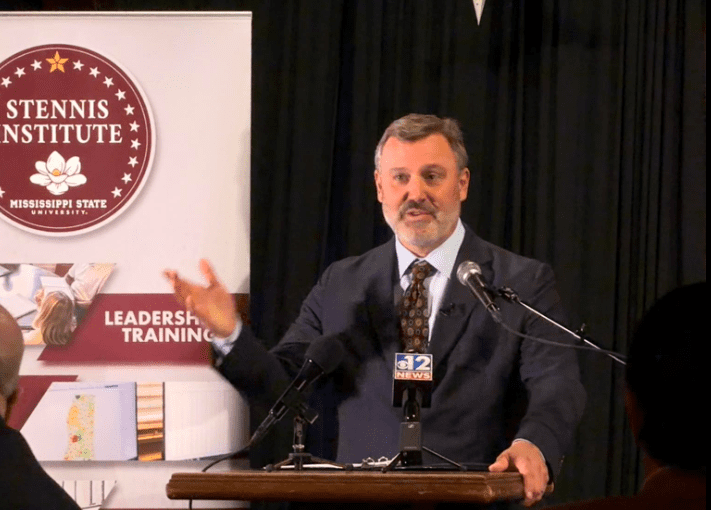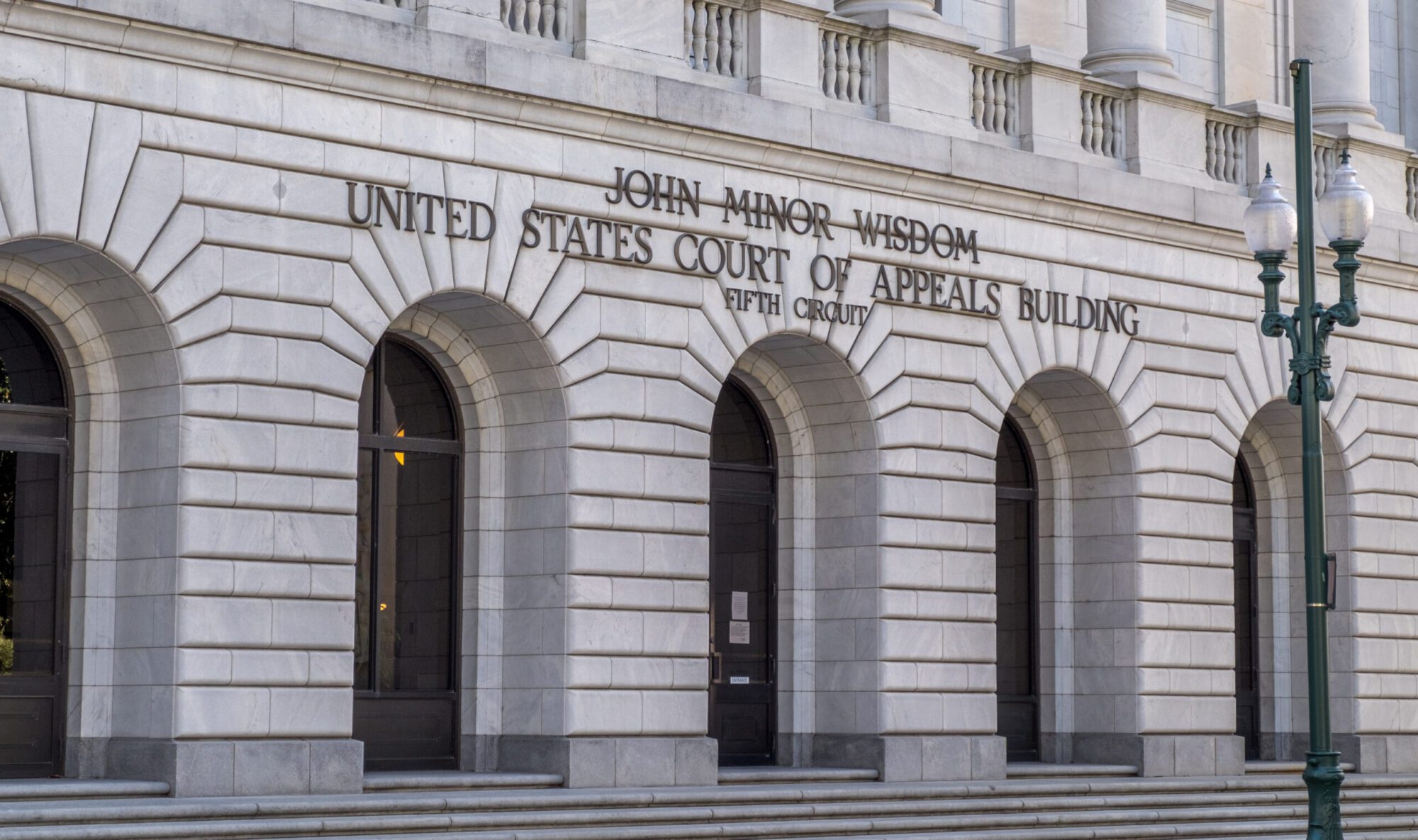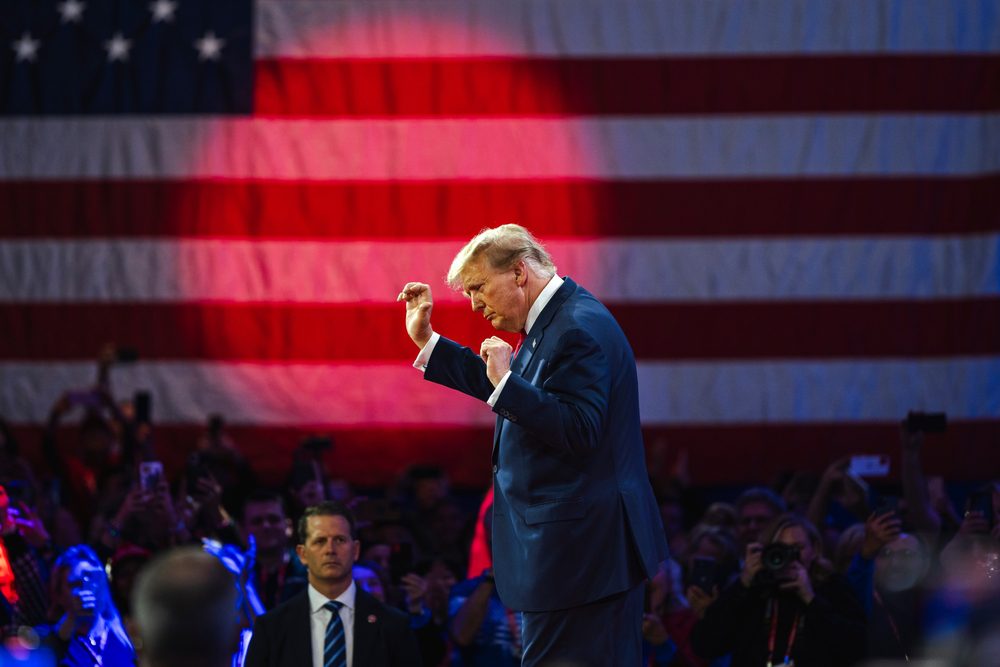
- President Joe Biden and former President Donald Trump will square off in the first presidential debate of the 2024 election cycle tonight at 8 PM CST on CNN. Here’s what to watch for and a Bingo! game to play along.
1. Biden’s Age
President Joe Biden is 81. His rival, former President Donald Trump, is a sprite 78. But it is Biden who has drawn the most attention and scrutiny surrounding his advanced years. Republicans have hounded the President for frequent gaffes and stumbles, with some in the punditry even raising questions about whether Biden can last the full 90 minutes of the debate.
The bar has effectively been set low for him. This could play to his advantage if he can avoid any major missteps and demonstrate minimal competency and focus during the course of the debate.
Democrats are hoping for a repeat of Biden’s State of the Union, where he surprised some folks with the clarity of his speech. But there won’t be teleprompters to aid this time. Republicans are hoping for blank stares and gibberish.
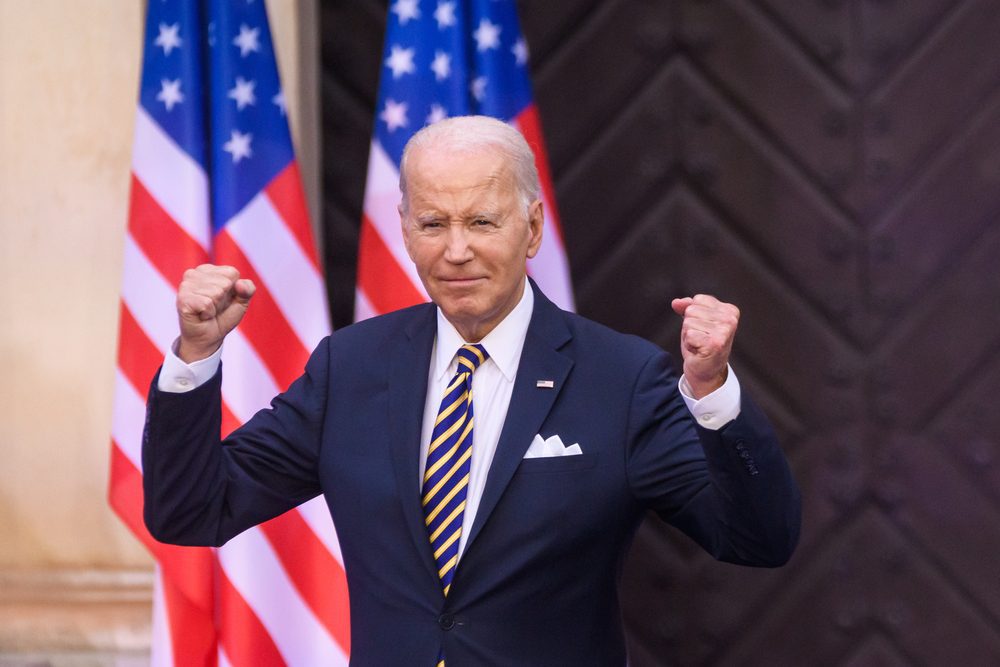
2. Lawfare v. 34 Counts
Former President Trump’s recent conviction on 34 felony counts of falsifying business records in Manhattan is likely to feature prominently in the debate. Polling after the convictions shows Biden gaining ground on Trump. Part of the tightening has been caused by independent voters shifting away from Trump.
Trump and his allies have argued that his prosecutions are an abuse of the justice system and nothing more than politically motivated election interference. How well Biden presses the criminal conviction and how well Trump parries it could go a long way to determining the outcome of the debate.
Do not expect Trump to just stay on defense. He will undoubtedly make issue of Hunter Biden’s recent convictions, and more broadly, raise questions about how the Biden family has profited off of his political service.
3. Presidential Debate Bingo
If you’d like to play along at home, join us in the revelry and political spectacle that is a presidential debate. Just be careful with the tasty beverages. You still have to work on Friday.
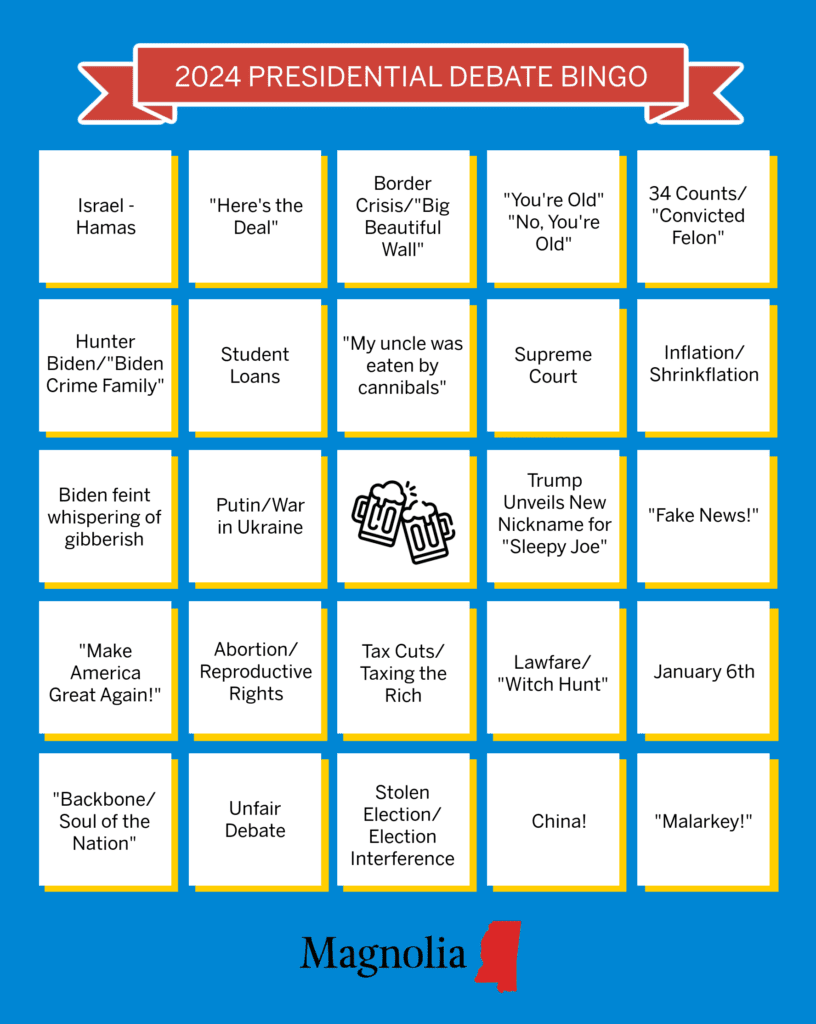
4. Chance to Distinguish Themselves on Policy
At this point in America’s political life, most debate watchers know for whom they will vote. Many are just tuning in for a potential trainwreck. But there are legitimate policy differences that could have an impact with the undecided.
Take Israel-Hamas. Democrats are struggling to develop a cohesive and uniting message on the foreign conflict. A large portion of the party’s base is siding with Hamas, an organization the U.S. government recognizes as a terrorist group. Can Trump exploit the divide within the party?
Trump is also likely to place real emphasis on the crisis at the U.S. border and on the lingering effects of generational inflation on families’ budgets.

Or on the other end, consider the Republican Party’s ongoing difficulty with suburban women voters. Will Biden be able to further entrench the trend by attacking the Supreme Court’s decision in Dobbs and tying it to Trump?
Can he lure young people skeptical of his milquetoast position on Israel-Gaza back into the fold with talks of canceling student debt? And will Biden be able to make the case for taxing the rich as Trump promotes the extension of the Tax Cut and Jobs Act passed under his watch.
These are some of the substantive questions that could feature heavily in the debate.
5. Debate Format
The debate will be moderated by CNN’s Jake Tapper and Dana Bash and is scheduled to last 90 minutes with two commercial breaks. No third party candidates qualified to participate, meaning Biden and Trump will be the only ones on the stage. The candidates are not permitted to bring pre-prepared notes on stage, but will be given a legal pad to make notes during the debate.
There are considerable departures from previous presidential debates. For starters, there will not be a live audience. The absence of applause or response could change the tone of the conversation. Politicians often feed off of audiences and use them as barometers of when to push and when to pull back.
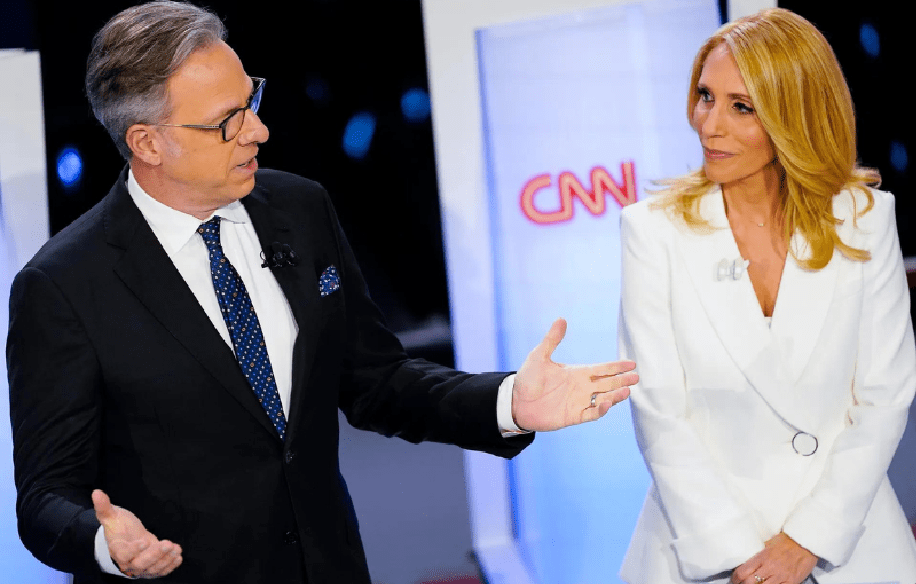
The biggest change, though, comes in CNN’s microphone policy. Only the candidate to whom a question is posed will have a live mic. CNN is also employing new technology so that if a candidate off mic begins to speak, it will be largely muted to the television audience. While this could yield a more peaceful debate than the chaos that unfolded in 2020, it could also effectively prevent any real debate from occurring.
There’s also a risk for some odd moments, when an on mic candidate is responding to an off mic candidate, but the audience has no idea what the off mic candidate said — like hearing only one side of a telephone conversation.
